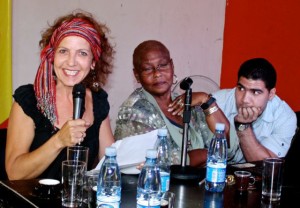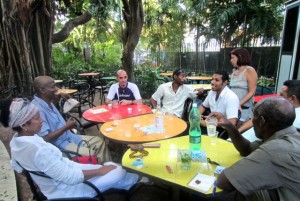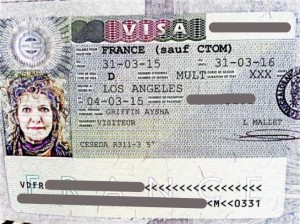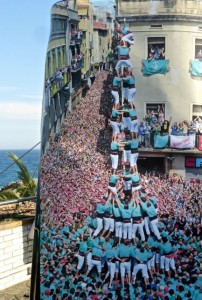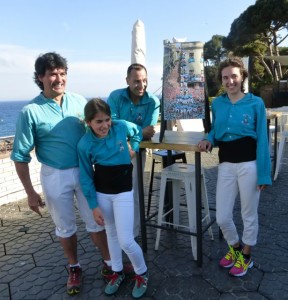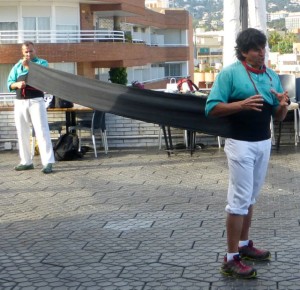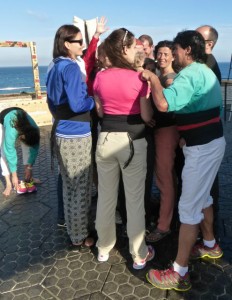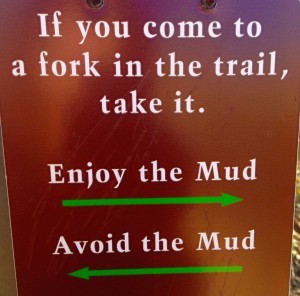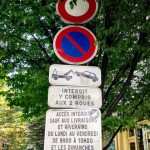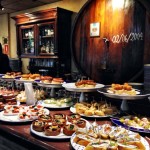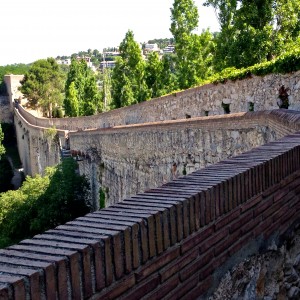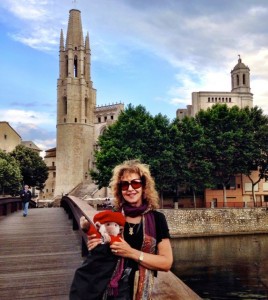 Marketing Your Book With Love –
Marketing Your Book With Love –
Sell Your Book And Nurture Your Soul
Tuesday January 12, 2016 • 10am-2:45pm
San Miguel de Allende Biblioteca Sala Quetzel
Click here to Register!
Learn about the Workshop
Read past participants’ comments
Overwhelmed by “the business” of marketing your books? I’ll show you how to replace the fear and drudgery of marketing with a new paradigm that ignites your creativity, uses your style, life experience and passion… and can actually be fun!
In this 4-hour workshop/presentation, you’ll learn:
• The truths and myths about building an author platform.
• What marketing avenues work best for you.
• Why Amazon rankings are key to sales and how to increase yours.
• How, why and where to leverage your time and effort through social, print and broadcast media, joint ventures, PR and other ways you choose to attract your readership, promote and sell your books, and make money.
You’ll leave the workshop with the beginnings of an effective roadmap for your self-nurturing marketing plan,
and the clarity and motivation to follow it.
Whether fiction or non-fiction, in any genre, this workshop will provide real tools and inspiration to bring your voice and heart to successfully parent a healthy, thriving “baby.”
About the presenter:
Aysha Griffin is a business and marketing coach, writer/editor/publisher and former print and broadcast journalist. Known for fusing the artistic, visionary, and practical to empower creative individuals to Inhabit Your Dreams! she has published more than 400 freelance articles in lifestyle, business and travel magazines and 20+ books for clients and herself. A pioneer in desktop publishing, Aysha has owned a marketing/communications agency since 1985, helping hundreds of businesses, non-profits and creatives clarify their vision and achieve their goals. She is author and publisher of Leonardo’s Revenge and Other Stories and the upcoming Marketing Your Book With Love – A Writers’ Guide To Selling Your Books While Nurturing Your Soul.
A resident of San Miguel de Allende for 4 years (formerly from Santa Fe, NM), Aysha has been traveling and working with clients internationally since 2011. She presented this popular workshop for 4 years in a row at the San Miguel Writers’ Conference and elsewhere. Come and discover how you can market your book with love!
Click here to Register Now!
Thank you for sharing this post with your Mexico writer friends and on social media!
